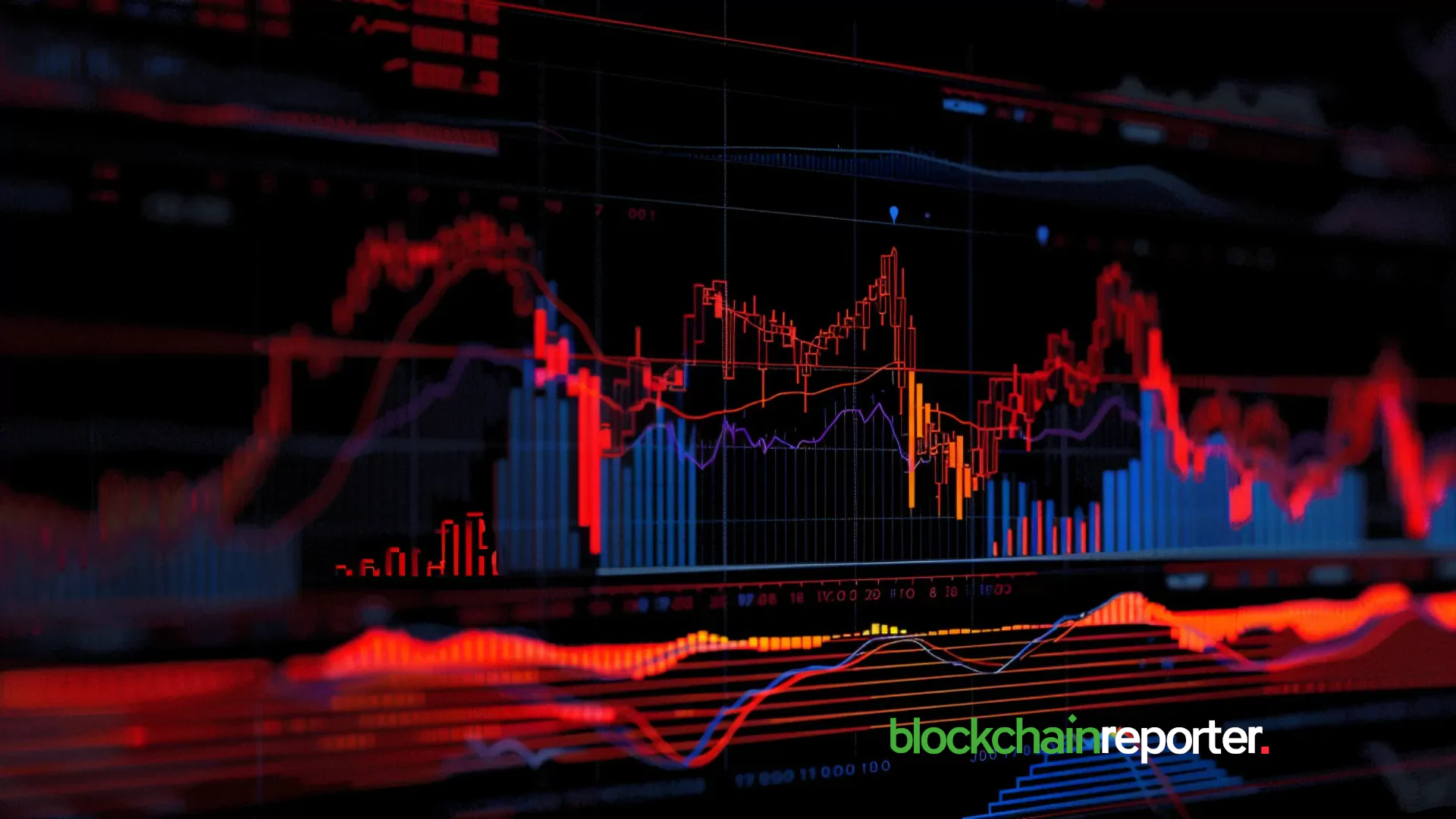
In our daily lives, most of our actions are influenced by our emotions. Emotions do play a significant role in our decision-making process. In the world of trading, trading psychology exhibits the emotional side of a trader. Trading psychology manifests that how an investor is influenced by the sentiments and how these sentiments ultimately affect his decision making in tough situations. Fear and greed are two basic emotions which lead a trader toward poor decisions. As a result of his poor decisions, he either starts investing in a single asset or due to fear starts panic selling.
A trader should be mentally strong as this is the basic feature of a good trader. One should always use his mind while investing in an asset. As it is often said that emotions make a person weak. He may be able to perform certain high-level analysis but if he is influenced by his emotions or sentiments he may face loss in his investment. This emotional attitude can become a negative aspect of the personality of a trader and can lead him towards a blind alley.
What Is Trading Psychology?
A should be mentally strong as investing in crypto can be risky at times. He has to faces losses at times if he follows his emotions. Our decisions should be based on logic so that they may not affect the results. Basically, in trading psychology there are certain factors which affect the way the people invest in crypto market.
Greed often leads an investor towards rash decisions. One should not buy or invest in the market when there is rise in the price of an asset. In order to get maximum benefit, he starts taking risk and is swayed by his emotions and ultimately faces loss in his investment. If you invest at a wrong time without having the proper knowledge of the present condition of the market, you should hold your asset for a longer period of time. Out of fear of loss, many traders start quitting market at the very beginning of their investment.
When the value of an asset increases, a psychological phenomenon FOMO (Fear of Missing Out) occurs there which ultimately becomes the cause of rash decisions based on emotions.
Why Is It Important to Clear Your Mindset When Trading?
Setting your mind according to the behaviour of the market is the matter of great significance. In trading we are having two basic emotions i.e. fear and greed.
In trading we have to take certain risks at times according to the behaviour of the market. Due to fear many investors do not take risk and ultimately find themselves unable to participate in a successful trade.
On the other hand, those investors who want to get maximum output from the trade become greedy. This greed then leads them to take those decisions which contain high risk. When they see that the price of an asset is being increased, out of greed, they start buying that asset to get maximum benefit out of it.
One should control one’s emotions and use his mind to in order to learn the proper way of trading. It is as significant as performing fundamental analysis or knowing how to read a chart. A trader can get maximum benefit if comes to know the true value of controlling his emotions.
There are certain challenges which trigger emotional response. Following are the examples of those challenges.
Unrealistic Expectations
One should attach one’s expectations to any deal in order to avoid confusion at the later stage of trading. One should think ration and should remain ready for any type of outcome.
Losing
A trader should know that winning or losing is the part of trading process. He should remain mentally strong if he is going to face losses. He should know that if winter comes can spring be far behind.
Winning
If a trader starts winning, he should remain down to earth and should take calculated risk. Traders often get swayed by emotions and a sense of over confidence prevails him which ultimately becomes the cause of his downfall.
Market Sentiment and Social Media
It has often been observed that people take decisions by looking at the present trend on social media. Their decisions are influenced by the hype social media creates on social media platforms. People who share news on social media often do not have proper knowledge. People who follow social media start taking decision by following the half knowledge provided by social media activists. This half knowledge becomes the cause of panic selling which creates fear among the traders.
How to Use Trading Psychology for Better Trades
Think long term
We should become realistic when we are going to invest in any asset. Unrealistic expectations take us ways from reality and make us believe that we are going in the right direction. One should always set a long-term policy to invest in order to avoid any losses.
Take a Break
A good trader often follows a proper routine to be a successful trader. He should take proper brakes from his work in order to be efficient in his work. If he doesn’t take proper breaks and keeps on doing his work by thinking that he is on winning streak and should keep investing in an asset, he simply falls a prey to overtrading
Learn from Past Mistakes
Mistakes are part of the learning curve in trading. Instead of reacting emotionally or trying to recover losses hastily, take a step back. Review your trades, identify where things went wrong, and adjust your strategy accordingly. Over time, these lessons will make you a smarter and more resilient trader.
Make Clear Rules
Having a well-defined trading plan is essential. It helps you stay grounded when markets become unpredictable. Your plan might include stop-loss and take-profit levels, daily risk limits, or a maximum number of trades per day. With rules in place, you are less likely to let emotions control your actions.
Is Trading Psychology Different in Crypto?
Trading psychology applies across all markets, but crypto adds extra pressure. Unlike traditional markets, crypto is active 24/7. This nonstop access can tempt traders into overtrading or making impulsive decisions. On top of that, extreme volatility makes it even more important to stay disciplined.
Smart crypto traders don’t chase hype or go all-in during a pump. They rely on analysis, risk management, and emotional control, even when the market is moving fast.
Final Thoughts
Emotional discipline is one of the most underrated yet powerful tools in a trader’s toolkit. By understanding your emotional triggers and sticking to a clear plan, you can protect your capital and make more rational decisions.
Trading success does not happen overnight. It comes with practice, patience, and the ability to stay calm under pressure. Stick to your strategy, stay grounded, and always trade with a clear mind.
Frequently Asked Questions
What is trading psychology and why is it important?
Trading psychology refers to the emotional and mental state of a trader that influences decision-making. Emotions like fear, greed, and overconfidence can cloud judgment, leading to impulsive decisions. Understanding trading psychology helps traders stay rational, stick to their strategies, and avoid costly mistakes.
What are the most common emotional triggers in trading?
The two most common emotions are fear and greed. Fear can cause traders to exit positions too early or avoid risk altogether, while greed can lead to overtrading and investing during market highs without proper analysis. Other triggers include unrealistic expectations, social media hype, and the desire to recover from losses quickly.
How can I control my emotions while trading?
You can control emotions by setting clear trading rules, sticking to a strategy, using stop-loss and take-profit levels, and thinking long-term. Taking regular breaks, learning from past mistakes, and avoiding social media hype also help reduce emotional decision-making.
Does trading psychology differ for crypto trading?
Yes, crypto trading requires even stronger emotional control. Since the market is open 24/7 and known for high volatility, traders are more prone to overtrading and impulsive decisions. Emotional discipline, time management, and a solid risk strategy are crucial in the crypto space.
What’s the best way to improve trading psychology?
Start by recognizing emotional patterns, keeping a trading journal, reviewing your wins and losses, and refining your strategy over time. Consistency, patience, and a realistic mindset are key. Focus on long-term success instead of short-term gains, and don’t let emotions dictate your moves.








